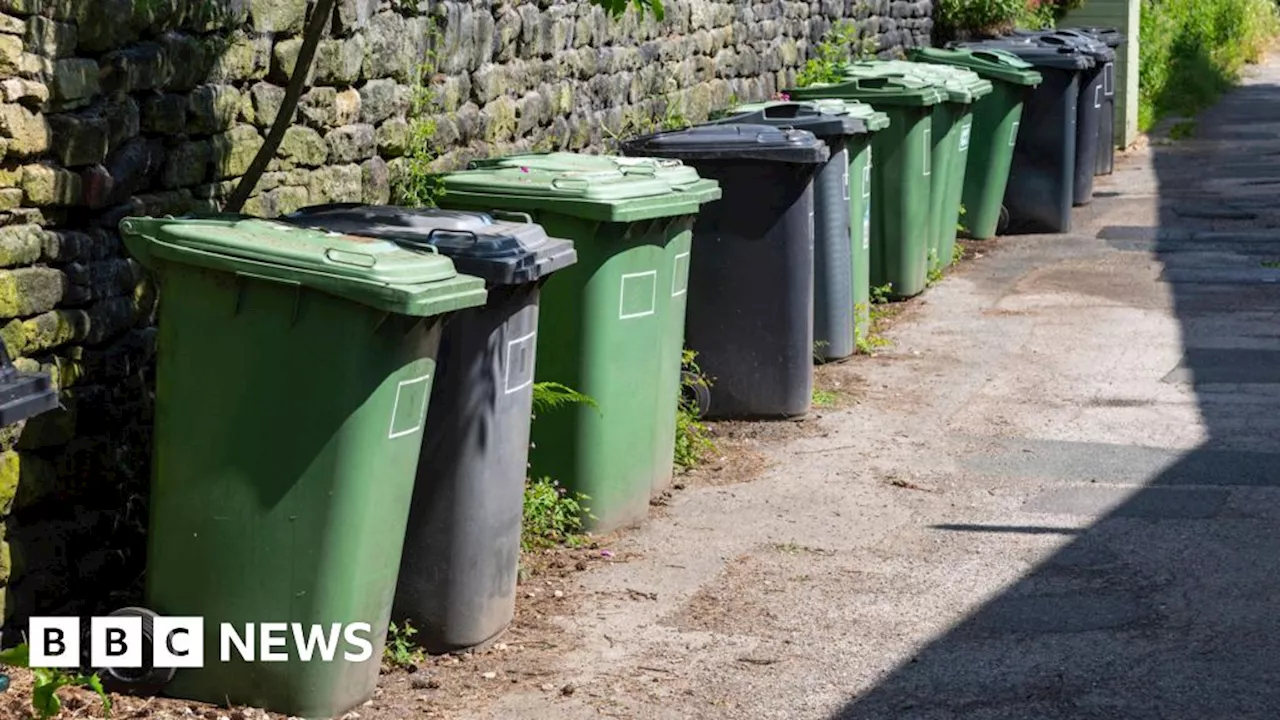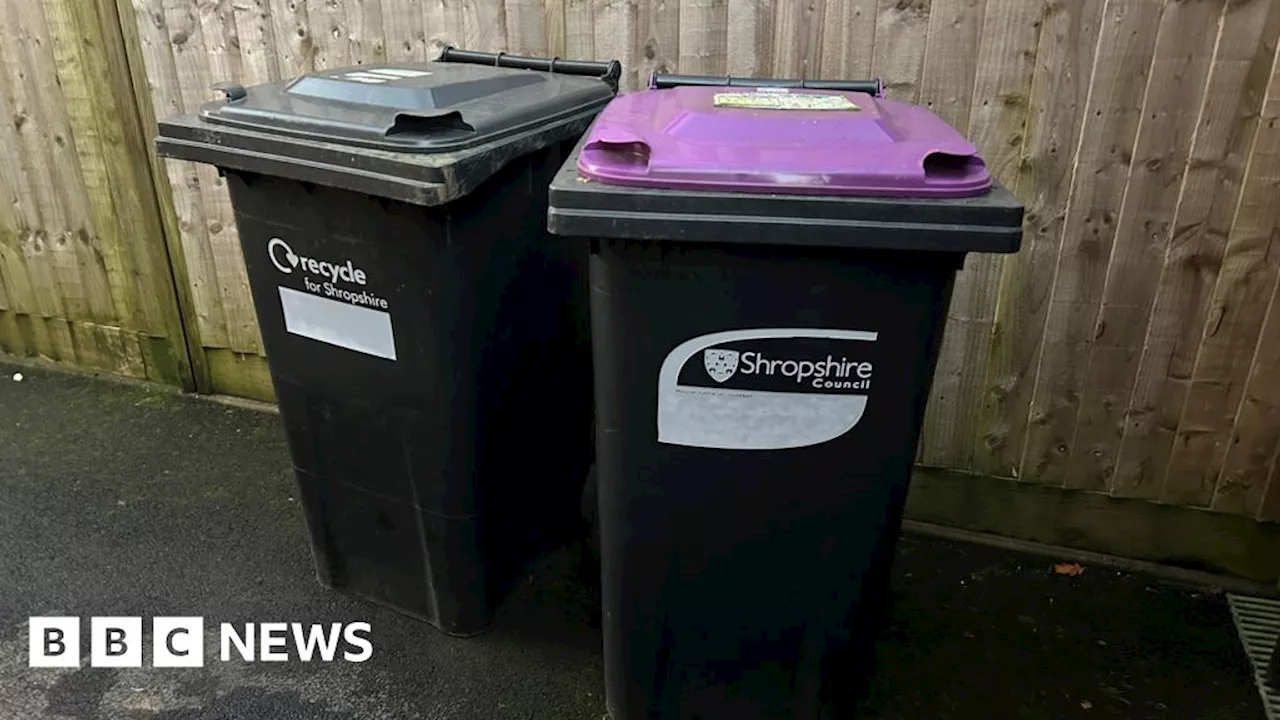To address the increasing demand and costs associated with social care services, Shropshire Council is proposing the introduction of a weekly charge and start-up fee for its Telecare service. This subsidized rate of £3.45 per week aims to help recover some of the costs while ensuring the service's sustainability.
Telecare devices, sometimes called ' care alarms ' or 'lifeline' systems, provide a way for elderly, disabled, or vulnerable individuals to signal for help when they need it while at home. These systems often include a wearable call button for the wrist or neck, or a fall detector worn on the wrist, designed to trigger an alert in case of an emergency.
Upon receiving the alert, a 24/7 response center assesses the situation and contacts an emergency contact, designated service, or emergency services. However, Shropshire Council is now proposing the introduction of a weekly charge and start-up fee to help recoup some of the costs associated with this service. Under these proposals, both existing and new users would be charged a subsidized rate of £3.45 per week for the service. New users would benefit from a free six-week trial period. Shropshire Council plans to initiate a budget consultation to explore further cost-saving measures. It's important to note that individuals receiving care packages from Shropshire Council or those entitled to after-care services under Section 117 of the Mental Health Act would be exempt from these charges.A spokesperson for Shropshire Council stated, 'Our aging population is growing at a faster rate. Councils nationwide are facing increasing pressure due to the rising need and costs of social care services. In Shropshire, this constitutes nearly 80% of the council's overall budget. Central government funding restrictions necessitate the council to explore alternative ways to recover some of the costs of running certain services. One such option is to introduce charges for some previously free services. Approximately £4 out of every £5 the council spends goes towards social care, supporting the most vulnerable individuals in the county. More people than ever require this support, which the council is obligated to provide, while the costs associated with delivering it continue to rise.'The spokesperson further elaborated, 'Shropshire currently stands as one of very few councils that do not charge residents for the Telecare service. Typical charges for Telecare services in other councils range from £1.50 to £19 per week. Introducing a charge in Shropshire would align the council with other areas and contribute to recovering some of the costs associated with operating the Telecare service, enabling us to sustain and develop the service. If the proposed charge is implemented, and all users contribute the relevant fee, it is estimated that the council could recover a portion of the full cost of running the Telecare service. Therefore, the outlined charges would represent a contribution towards the full cost of the service.' A consultation regarding these proposed changes has been launched and is accessible online for review and completion
Telecare Care Alarms Shropshire Council Social Care Cost Recovery Public Consultation
United Kingdom Latest News, United Kingdom Headlines
Similar News:You can also read news stories similar to this one that we have collected from other news sources.
 Shropshire Council Proposes Three-Weekly Bin Collections to Save £1 MillionShropshire Council is considering a controversial proposal to switch to a three-weekly bin collection cycle for non-recycled waste as part of a wider effort to cut costs and address its budget deficit. The move has sparked debate among residents, with some expressing concerns about hygiene and the practicality of managing waste for extended periods. Council officials maintain that a three-weekly collection would be sufficient for most households if recycling is maximized and are seeking public feedback on the proposed changes.
Shropshire Council Proposes Three-Weekly Bin Collections to Save £1 MillionShropshire Council is considering a controversial proposal to switch to a three-weekly bin collection cycle for non-recycled waste as part of a wider effort to cut costs and address its budget deficit. The move has sparked debate among residents, with some expressing concerns about hygiene and the practicality of managing waste for extended periods. Council officials maintain that a three-weekly collection would be sufficient for most households if recycling is maximized and are seeking public feedback on the proposed changes.
Read more »
 Shropshire Residents Fear Overflowing Bins and Rats as Council Proposes Three-Week Collection CycleShropshire residents are raising concerns about a proposed three-week bin collection cycle, fearing overflowing waste, attracting vermin, and increased fly-tipping. The council aims to save £1m through this measure, but residents argue it will disproportionately impact larger families. While some residents find the proposal manageable, others express worry about the potential for hygiene and environmental issues.
Shropshire Residents Fear Overflowing Bins and Rats as Council Proposes Three-Week Collection CycleShropshire residents are raising concerns about a proposed three-week bin collection cycle, fearing overflowing waste, attracting vermin, and increased fly-tipping. The council aims to save £1m through this measure, but residents argue it will disproportionately impact larger families. While some residents find the proposal manageable, others express worry about the potential for hygiene and environmental issues.
Read more »
 Shropshire Council Considers Three-Weekly Waste Collections to Cut CostsShropshire Council is proposing to reduce the frequency of waste collections to once every three weeks in an effort to save money and reduce environmental impact. The council is considering two options: one that would see non-recycled waste collected every three weeks while recycled and garden waste remain collected every two weeks, and another that would extend the three-week collection schedule to both non-recycled and recycled waste.
Shropshire Council Considers Three-Weekly Waste Collections to Cut CostsShropshire Council is proposing to reduce the frequency of waste collections to once every three weeks in an effort to save money and reduce environmental impact. The council is considering two options: one that would see non-recycled waste collected every three weeks while recycled and garden waste remain collected every two weeks, and another that would extend the three-week collection schedule to both non-recycled and recycled waste.
Read more »
 Telford to Pay for Separation from Shropshire Council for Another 35 YearsTelford residents will continue to contribute to a debt incurred during the separation from Shropshire Council in 1998, with payments projected to last until 2060-61. The annual payment of over £1 million represents a significant portion of the council's budget, earmarked for historical debt repayment.
Telford to Pay for Separation from Shropshire Council for Another 35 YearsTelford residents will continue to contribute to a debt incurred during the separation from Shropshire Council in 1998, with payments projected to last until 2060-61. The annual payment of over £1 million represents a significant portion of the council's budget, earmarked for historical debt repayment.
Read more »
 Shropshire Council's £37m Budget Black Hole Threatens ReservesShropshire Council faces a severe budget deficit, with projections indicating a potential overspend of £37m. This alarming situation raises concerns about the council's financial stability and its ability to meet its financial obligations.
Shropshire Council's £37m Budget Black Hole Threatens ReservesShropshire Council faces a severe budget deficit, with projections indicating a potential overspend of £37m. This alarming situation raises concerns about the council's financial stability and its ability to meet its financial obligations.
Read more »
 Shropshire Greens Condemn Council's 'Unforgivable' North West Relief Road After Carbon Emissions BombshellGreen Party councillors in Shropshire have condemned the council's announcement that the carbon emissions from the controversial Shrewsbury North West Relief Road (NWRR) are set to double. They accuse the administration of risking the future of the county's children and call for investment in walking, cycling, and clean public transport solutions instead.
Shropshire Greens Condemn Council's 'Unforgivable' North West Relief Road After Carbon Emissions BombshellGreen Party councillors in Shropshire have condemned the council's announcement that the carbon emissions from the controversial Shrewsbury North West Relief Road (NWRR) are set to double. They accuse the administration of risking the future of the county's children and call for investment in walking, cycling, and clean public transport solutions instead.
Read more »
